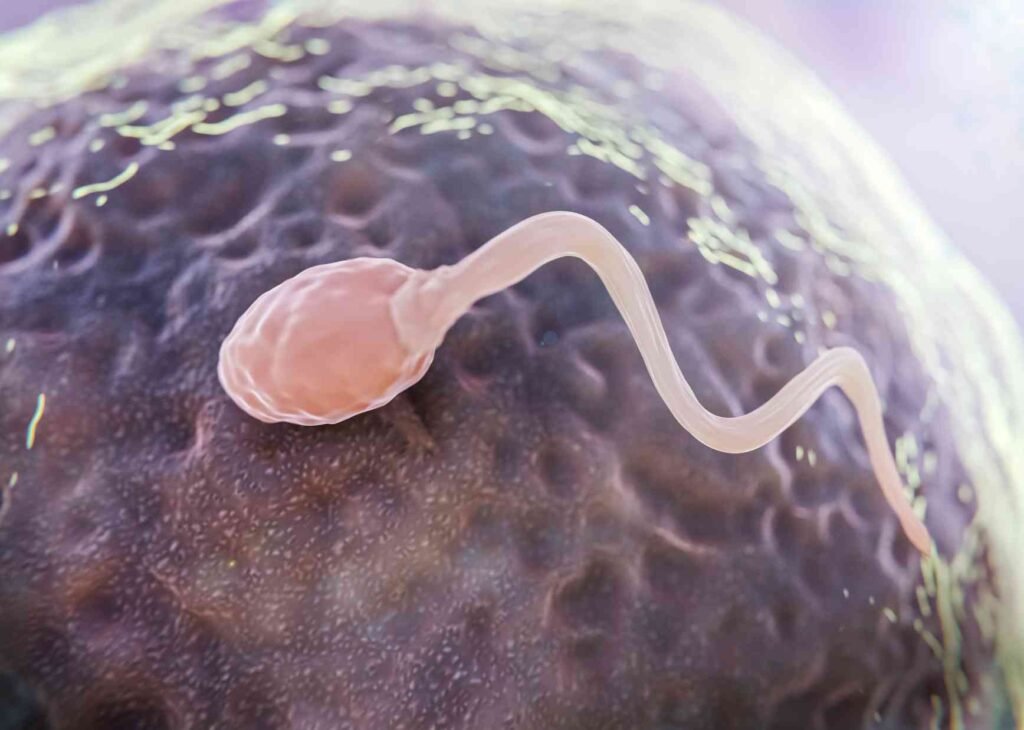Debunking Misconceptions About Sperm Health
Sperm health is a topic often surrounded by myths, misconceptions, and incomplete truths. For many men, understanding their reproductive health feels like navigating uncharted waters. With so much conflicting information out there, it’s easy to fall prey to misconceptions that could either cause unnecessary worry or lead to neglect of important lifestyle changes.
In this blog, we’ll dive deep into the truths about sperm health, tackle common myths, and share actionable insights to ensure your fertility is well understood and optimized.
What Is Sperm Health?
When people talk about sperm health, they usually refer to three main factors: count, motility, and morphology. Sperm count is the number of sperm present in a sample, motility refers to how well the sperm move, and morphology pertains to their shape and structure. These factors collectively determine the chances of conception.
However, there’s much more to it. Sperm health is also influenced by DNA integrity, the environment in which sperm cells are produced, and overall lifestyle factors. Unfortunately, many men don’t think about these nuances until they encounter fertility issues.

Common Misconceptions About Sperm Health
Let’s clear the air on some of the most widespread myths.
1. Myth: Sperm Health Doesn’t Change Over Time
One of the most persistent misconceptions is that sperm quality remains consistent throughout a man’s life. While men can produce sperm well into their later years, the quality isn’t immune to aging.
Studies show that sperm motility and DNA integrity can decline with age, even if count remains stable. This means that while older men may still conceive, the likelihood of genetic abnormalities or difficulties in conception can increase.
2. Myth: Only Women Need to Worry About Fertility
Society often places the burden of fertility on women, ignoring the critical role sperm health plays. In about 40% of infertility cases, male factors contribute significantly. So, ensuring good sperm health is just as essential for conception as addressing female fertility concerns.
3. Myth: Boxers Are Always Better Than Briefs
You’ve probably heard that boxers are better for sperm health, but the science isn’t as definitive as people think. While tight-fitting underwear can raise scrotal temperature, moderate use of briefs isn’t a guaranteed sperm killer.
The key is moderation. If you’re concerned about sperm health, opting for looser-fitting underwear and avoiding prolonged heat exposure is a good idea.
4. Myth: Sperm Health Can’t Be Improved
Many believe that once sperm health is compromised, there’s no way to fix it. This couldn’t be further from the truth. Sperm regenerates approximately every 64 days, meaning there’s a window for improvement with the right lifestyle changes. Eating a diet rich in vitamins C and E, zinc, and selenium, along with regular exercise, can significantly enhance sperm quality.
Factors That Affect Sperm Health
1. Lifestyle Choices Matter
Your daily habits can have a profound impact on sperm health. Smoking, excessive alcohol consumption, and poor diet can reduce sperm count and motility. Staying active and maintaining a balanced diet rich in antioxidants can improve both the quantity and quality of sperm.

2. Heat Isn’t Just an Inconvenience
Sperm are incredibly sensitive to heat. Prolonged exposure to high temperatures, such as from hot tubs, saunas, or even tight clothing, can negatively impact sperm production. Testicles are naturally positioned to stay cooler than the rest of the body—interfering with this can harm sperm health over time.
3. Stress Can Be a Silent Saboteur
High levels of stress are linked to hormonal imbalances that can interfere with sperm production. Incorporating relaxation techniques such as meditation, yoga, or simply taking time to unwind can work wonders for overall health, including sperm quality.

Nutritional Tips for Sperm Health
Your diet plays a crucial role in maintaining optimal sperm health. Here are some nutrients to focus on:
- Antioxidants: Found in fruits and vegetables, antioxidants help reduce oxidative stress, which can damage sperm DNA.
- Omega-3 Fatty Acids: These healthy fats, found in fish, nuts, and seeds, are essential for improving sperm motility.
- Zinc and Selenium: Both minerals are critical for testosterone production and sperm development.
- Folate: This B-vitamin supports healthy sperm production and can reduce the risk of DNA damage.

Environmental Impact on Sperm Health
Modern lifestyles expose us to many environmental toxins, from pesticides to industrial chemicals. These substances can interfere with hormone production and directly affect sperm quality. To minimize exposure:
- Opt for organic foods when possible to reduce pesticide intake.
- Avoid using plastic containers for hot food or beverages to limit chemical leaching.
- Use natural cleaning and personal care products to minimize exposure to endocrine disruptors.
When to See a Specialist
If you’ve been trying to conceive for over a year without success, or if you suspect issues with your fertility, it’s time to consult a specialist. A semen analysis can provide valuable insights into sperm health and help identify any underlying issues.
Remember, addressing fertility concerns isn’t about assigning blame—it’s about working together as a team to find the best solutions.

Conclusion
At the end of the day, sperm health isn’t just a “men’s issue.” It’s a vital part of the fertility journey and should be approached with the same care and attention as any other aspect of health. By understanding the facts, debunking myths, and making informed lifestyle choices, men can take control of their reproductive health and support their partners in building a family.
So, whether you’re planning for a child now or in the future, remember that taking steps to optimize sperm health today can pave the way for a healthier tomorrow.
Let’s leave the misconceptions behind and embrace the truth about what it takes to maintain vibrant, healthy fertility.


